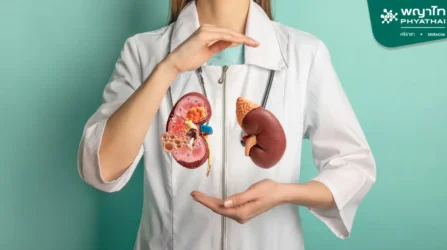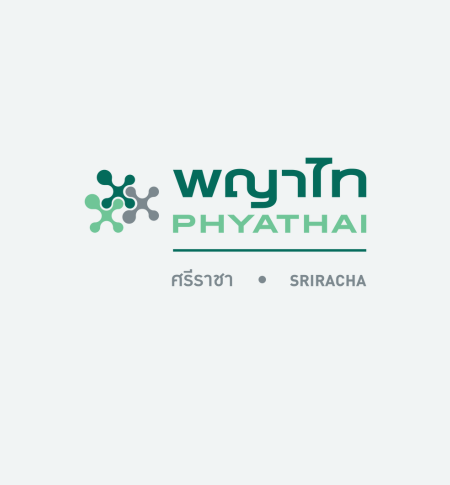The heart is the most vital organ in the body, responsible for pumping blood throughout the body 24 hours a day. Heart disease remains one of the leading causes of death in Thailand and worldwide. Regular heart check-ups are essential for preventing and treating cardiovascular diseases before they become life-threatening.
For further information or Booking..
Benefits of a Heart Check-Up
- Early Detection of Diseases
Many heart conditions show no symptoms in their early stages. Regular check-ups help detect abnormalities before they become severe. - Risk Assessment
Doctors can assess your risk of developing heart disease and provide preventive guidance. - Treatment Planning
If abnormalities are found, early treatment can prevent complications and improve outcomes. - Monitoring Progress
For patients undergoing treatment, regular check-ups help monitor progress and adjust treatment as needed.
Warning Signs You Shouldn’t Ignore
- Chest pain, tightness, or pressure, especially during physical activity or stress
- Shortness of breath or difficulty breathing, especially when lying down
- Unusual fatigue, even with light activity
- Pain radiating from the chest to the arms, neck, or jaw
- Dizziness, lightheadedness, or fainting without a clear cause
- Swelling in the legs, feet, or abdomen, particularly in the evening or after prolonged standing
- Rapid, irregular heartbeat or palpitations
High-Risk Groups That Should Undergo Regular Heart Check-Ups
- Individuals aged 40 and above
- Those with a family history of heart disease
- Patients with diabetes, high blood pressure, or high cholesterol
- Smokers or regular alcohol consumers
- Individuals who are overweight or obese
- People with sedentary lifestyles or high stress levels
Heart Health Screening Methods and Tools
1. Basic Examination
Medical history review and physical examination: Doctors will ask about symptoms, personal and family medical history, and perform a general check-up, including listening to the heart and lungs, measuring blood pressure, and checking vital signs.
2. Blood Tests
- Lipid Profile – To check cholesterol levels (HDL, LDL, triglycerides)
- Blood Sugar – To detect diabetes
- Cardiac Enzymes – To identify heart muscle damage
- HS-CRP – To detect inflammation that may affect the heart
3. Diagnostic Tools
- Electrocardiogram (ECG/EKG) – A basic test that records the heart’s electrical activity, useful for detecting arrhythmias, ischemia, and structural heart issues
- Echocardiogram – Uses high-frequency sound waves to create images of the heart, assess heart muscle function, valves, and blood flow
- Exercise Stress Test – Records ECG while walking or running on a treadmill to evaluate how the heart responds to physical exertion, useful in detecting coronary artery disease
How to Prepare for a Heart Check-Up
- Fast for 10–12 hours before a blood test (for lipid profile)
- Avoid coffee and smoking for 2–3 hours before an ECG
- Inform the doctor about any medications being taken
- Wear comfortable clothing suitable for examination
After the Check-Up
- Follow up with your doctor for results and further recommendations
- Make necessary lifestyle changes if risk factors are identified
Daily Heart Health Tips
- Exercise regularly: Activities like brisk walking, jogging, swimming, or cycling
- Eat a heart-friendly diet: Low in saturated fat, rich in fruits, vegetables, whole grains; reduce salt, sugar, and processed foods
- Manage stress: Practice mindfulness, ensure adequate rest, and engage in relaxing activities
- Quit smoking and limit alcohol: Smoking is a major risk factor for heart disease; quitting greatly reduces your risk
- Get adequate sleep: 7–8 hours of sleep per night is crucial; sleep deprivation may increase cardiovascular risk

















